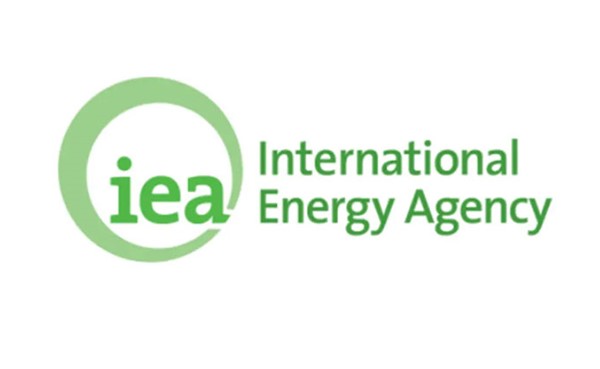
The International Energy Agency (IEA) reported a “historic” surge in global renewable energy last year, marking a 50% increase compared to 2022. Approximately 507 gigawatts of renewable electricity were added, an unprecedented leap equivalent to the combined current capacity of Germany, France, and Spain, according to Fatih Birol, the head of the IEA. The majority of these new installations, three-quarters in total, were in solar photovoltaic energy.
China played a pivotal role in this growth, contributing to 60% of the new infrastructure, including over 66% of newly installed wind turbines, reports Al-Anba daily.
Notably, Europe, the United States, Brazil, India, Southeast Asia, and the Middle East also achieved record-breaking levels in renewable energy installations.
Despite this remarkable progress, the IEA anticipates the next five years will witness the “strongest growth” in renewable energy in 30 years. The agency underscores that while the acceleration is a substantial opportunity to meet global climate goals, more financing is needed, especially for emerging and developing nations.
Fatih Birol emphasized that onshore wind and photovoltaic energy are now cheaper than new fossil fuel plants in most regions. However, the wind energy sector, particularly in Europe, faces challenges due to high production costs, interest rates, and lengthy licensing procedures.
The global aim of tripling renewable energy capacity by 2030 requires different approaches for rich and large emerging countries compared to other nations. For developed countries, the IEA calls for decisive national policies, investments in modernizing networks, and addressing administrative complexities. In contrast, access to financing, robust regulatory frameworks, and establishing renewable energy targets are crucial for other countries.
While acknowledging progress, Dean Cooper of the World Wildlife Fund urges increased pressure on governments to translate words into action for a sustainable planet.
Fatih Birol reaffirms the IEA’s commitment to monitoring and reporting progress, emphasizing the importance of concrete results beyond international agreements like COP28.












